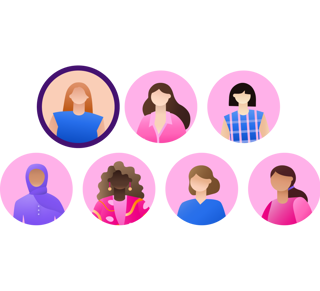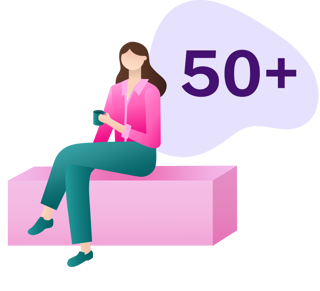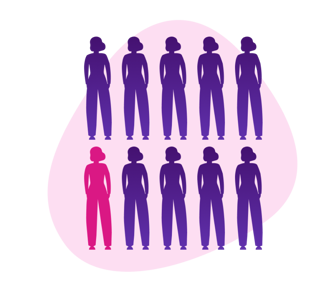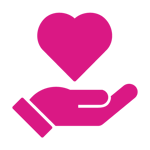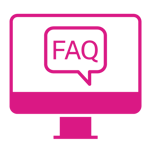
- Home
- >Community support
- >Aboriginal and Torres Strait Islander women
Aboriginal and Torres Strait Islander women
BreastScreen NSW recommends Aboriginal and Torres Strait Islander women aged 40–74 have a breast screen every two years.*
BreastScreen NSW aims to provide a culturally safe place of care and is working with Aboriginal communities to improve health outcomes for Aboriginal women in NSW.
Having a regular breast screen is part of healthy living. It’s important to screen even when you are healthy.
Screening is free and an appointment takes just 20 minutes.
Book your free breast screen today or talk to your doctor or health worker if you would like help. We can also arrange a group booking for you with friends and family.
What is a breast screen?
A breast screen (also known as a mammogram) is an x-ray of the breasts. It can find cancers as small as a grain of rice, before you notice any changes in your breasts.
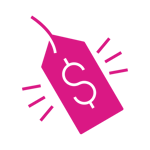
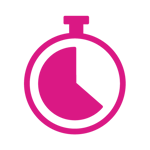

Why it's important
Breast cancer is the most common cancer affecting Aboriginal women. The best time to treat breast cancer is when it is still very small. When breast cancer is found early, it’s easier to treat and most women recover and get back to their normal lives.
In this video, Jacqui Nean Kahn, a proud Gomeroi woman, shares her personal experience of how a routine breast screen detected her breast cancer, leading to early treatment and a chance for recovery. She strongly encourages women to prioritise screening.
Breast awareness
Screening with BreastScreen NSW is for women with no symptoms. If you notice any changes in your breasts, such as a lump, pain, or nipple discharge, please see your doctor or health worker as soon as possible.
Video of artist, Jasmine Sarin, the winner of the BreastScreen NSW artwork competition, explaining the creation of the commissioned artwork ‘Biyani’.
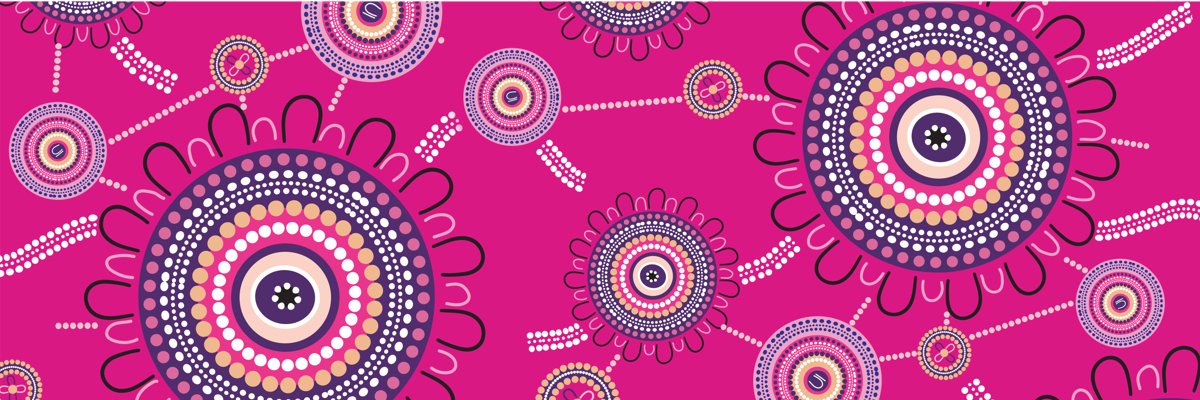
More information
For more information about breast cancer for Aboriginal and Torres Strait Islander women, visit the Our Mob and Cancer website.
The Helping Mob Live Healthy and Prevent Cancer Toolkit contains tailored information and resources on cancer screening and prevention for the Aboriginal health workforce.
*Evidence shows that Aboriginal women in NSW with breast cancer were younger and more likely to have more advanced cancer at diagnosis than non-Aboriginal women.1479

